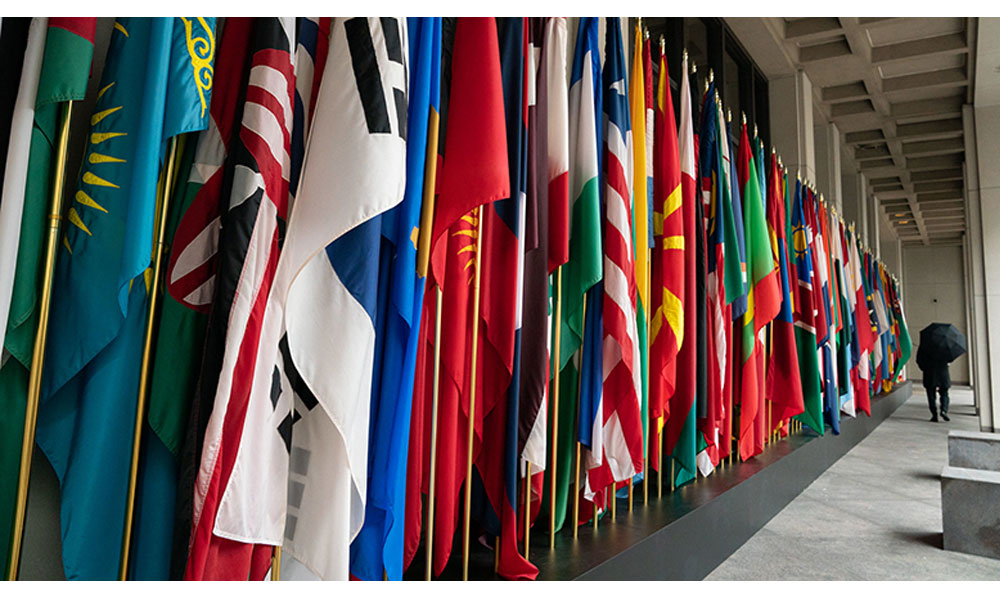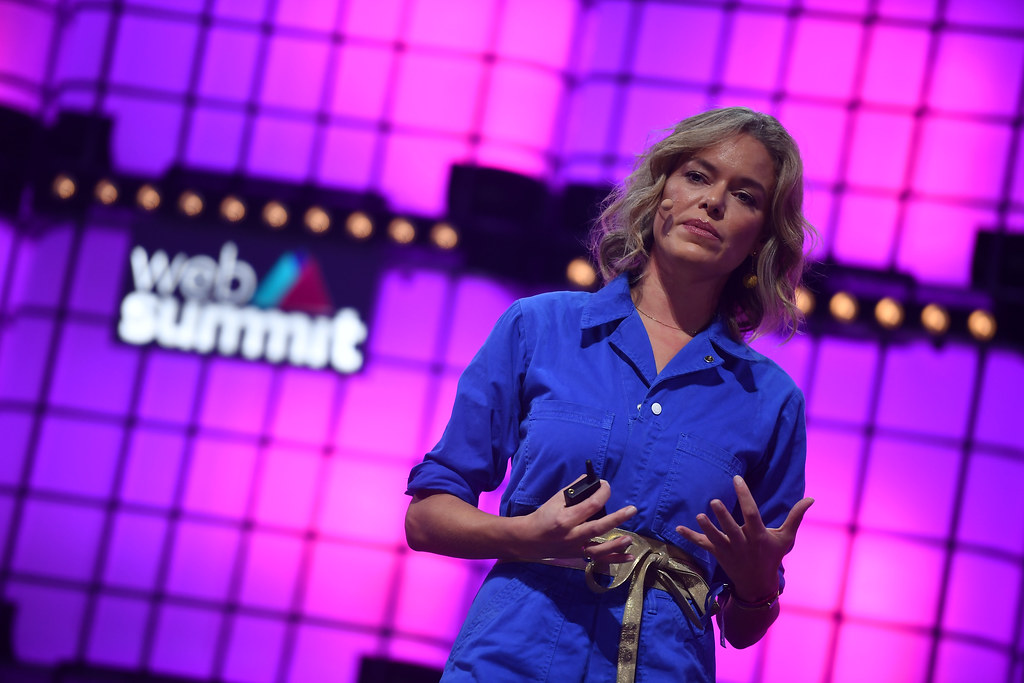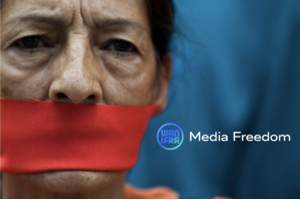World
Global Community Steps Up with $93 Billion Support Package to Boost Resilient Recovery in World’s Poorest Countries
Published
4 years agoon

The World Bank today announced a $93 billion replenishment package of the International Development Association (IDA) to help low-income countries respond to the COVID-19 crisis and build a greener, more resilient, and inclusive future. The financing brings together $23.5 billion of contributions from 48 high- and middle-income countries with financing raised in the capital markets, repayments, and the World Bank’s own contributions.
The financing package, agreed over a two-day meeting hosted virtually by Japan, is the largest ever mobilized in IDA’s 61-year history. IDA’s unique leveraging model enables it to achieve greater value from donor resources – every $1 that donors contribute to IDA is now leveraged into almost $4 of financial support for the poorest countries.
“Today’s generous commitment by our partners is a critical step toward supporting poor countries in their efforts to recover from the COVID-19 crisis,” said World Bank Group President David Malpass. “We are grateful for the confidence our partners have in IDA as a non-fragmented and efficient platform to tackle development challenges and improve the lives of millions of people around the world.”
The funds will be delivered to the world’s 74 poorest countries under the 20th replenishment (IDA20) program, which focuses on helping countries recover from the impacts of the COVID-19 crisis. In these countries, the ongoing pandemic is worsening poverty, undermining growth, and jeopardizing the prospects of a resilient and inclusive development. Countries are struggling with falling government revenues; increasing debt vulnerabilities; rising risks to fragility, conflict, and instability; and dropping literacy rates. About a third of IDA countries are facing a looming food crisis.
To help countries build back greener, a substantial portion of these funds go to tackling climate change, with a focus on helping countries to adapt to rising climate impacts and preserve biodiversity. IDA will also deepen support to countries to better prepare for future crises, including pandemics, financial shocks, and natural hazards. While IDA20 will support countries globally, resources are increasingly benefiting Africa, which will receive about 70 percent of the funding.
With this strong package, IDA will be able to scale up its support in the pandemic and address health challenges, helping 400 million people receive essential health and nutrition resources. The social safety nets program is also expected to reach as many as 375 million people.
The IDA20 program has more ambitious policy commitments that will support countries in prioritizing investments in human capital, covering issues such as education, health and nutrition, vaccines, safety nets, and support for people with disabilities. IDA will also increase its ambition in addressing other major development challenges such as gender inequality, job creation, and situations of fragility, conflict and violence, including in the Sahel, the Lake Chad region, and the Horn of Africa. A continued emphasis on governance and institutions, debt sustainability, and digital infrastructure interventions will help foster economic and social inclusion.
Due to the urgent development needs of IDA countries, the replenishment was advanced by one year. IDA20 will cover the period of July 1, 2022, to June 30, 2025. The IDA20 policy architecture builds on the strong foundation of IDA19, with enhancements to make IDA20 even more ambitious and fit for today’s challenges.
IDA19 achievements key to IDA20 include:
- Strong COVID-19 response with nearly 70 countries benefiting from IDA financing for vaccines, health professionals’ training, and hospital equipment.
- Over 60 percent of climate financing, in fiscal year 2021 alone, focused on adaptation and resilience; IDA helped 62 countries institutionalize disaster risk reduction plans.
- Greater debt transparency through the Sustainable Development Finance Policy introduced in IDA19, with 19 countries publishing annual and timely debt reports in fiscal year 2021.
You may like
South Asia
Imran Khan allies take lead but Nawaz Sharif claims victory
Published
2 years agoon
February 10, 2024
Three-times-prime minister Nawaz Sharif claimed victory in Pakistan’s general elections – even though independent candidates backed by rival Imran Khan are in the lead as counting continues.
Sharif said that his political party has emerged as the largest in the vote and will discuss forming a coalition government.
The lead of independent candidates backed by jailed former prime minister Imran Khan came as a surprise given claims by his supporters and a national rights body that the balloting was manipulated to favor Sharif.
Election results were hit by long delays overnight, causing frustration and panic among voters who alleged it was due to ballot-rigging.
Independent candidates have secured around 85 seats, while Sharif’s PML-N is some way behind with around 59.
The Pakistan Peoples Party (PPP) of Bilawal Bhutto Zardari is trailing a close third with 31 seats so far.
Any party needs 133 seats in parliament for a simple majority but many analysts believe the vote may not produce a clear winner.
However, Sharif, who was the favorite to come out of this election leading the country, has lost his Mansehra constituency seat in Khyber Pakhtunkhwa, reported Geo News.
Sharif will still enter parliament as an MP, winning another seat he contested in Lahore.
Sharif said his deputies would meet other political parties later to discuss forming a coalition government.
Lack of clear majority could cause trouble
Analysts predict the problems will mount for Pakistan and its economy if the election does not result in a clear majority for anyone.
There are concerns that things will become particularly tricky given Islamabad’s request for a new bailout program from the International Monetary Fund (IMF) after the current arrangement expires in three weeks.
A coalition government “would probably be unstable, weak,” and “the big loser… will be the army. Because the army really has staked its reputation on its ability to deliver this vote”, Marvin Weinbaum, director of Afghanistan and Pakistan studies at the Middle East Institute in Washington, told the British media Independent.
The election was expected to help resolve the crises Pakistan has been dealing with but a fractured verdict “could very well be the basis for even deeper exposure to forces which would create instability”, he said.
Rigging fears
Allegations of poll rigging overshadowed election day itself, as well as authorities’ hours-long shutdown of Pakistan’s mobile phone network.
“A concerted effort has been made to hijack the election,” PTI information secretary Raoof Hasan told AFP late Friday.
“They were not successful because there is deep-seated commitment to Khan among the people.”
Caretaker Interior Minister Gohar Ejaz defended the “difficult decision” to suspend mobile phone services on security grounds.
“We were fully aware that suspension of mobile services would impact the transmission of election results across Pakistan and delay the process, however, the choice between this delay and safety of our citizens was quite straightforward,” he said in a statement on Friday.
Digital rights activist Usama Khilji said the mobile service blackout “strengthens the popular perception that the elections are rigged by the deep state”.
But Mohammad Zubair, a 19-year-old street hawker in Lahore, said PTI supporters would not accept a PML-N victory.
“Everyone knows how many seats Khan’s independent candidates have won,” he said. “They don’t have a symbol, or a captain, or a flag, or banners but still we have won on the field.”
World
Web Summit appoints former Wikipedia boss Katherine Maher as CEO
Published
2 years agoon
October 30, 2023
Md Mojahidul Islam
LISBON – Web Summit’s new Chief Executive Officer Katherine Maher brings her ability to bridge the worlds of technology, humanity, and the dialog needed to shape the future. She has been appointed by the board to lead the company through this period of transition.
Her experience managing some of the world’s biggest organizations will support Web Summit through its flagship Web Summit in Lisbon event and focus on its mission to connect people and ideas that change the world.
Maher led Wikimedia Foundation, the global nonprofit behind Wikipedia, which has over 1 billion monthly users, as chief executive for five years. During her tenure, she brought unprecedented success to the Wikimedia movement and solidified Wikipedia’s reputation as a trusted source of free knowledge worldwide.
Additionally, Maher is chair of messaging platform Signal Messenger, a non-resident senior fellow on Democracy and Technology at the Atlantic Council, and a term member of the Council on Foreign Relations, a World Economic Forum Young Global Leader, and a security fellow at the Truman National Security Project.
Web Summit also announced today it has appointed Damian Kimmelman as a non-executive board director. Kimmelman is a renowned technology leader and innovator who has co-founded several successful companies and organizations, both in the United States and Europe, including edtech startup Batelle.com, non-profit FoundersPledge.com, business bank Rho.co, and business data provider DueDil.com, now Fullcircl.
“I am excited to join Web Summit, because I believe in Web Summit’s mission to connect people and ideas that change the world,” Maher said. “In a present where technology is interwoven into every aspect of our lives, and in a future where it represents our greatest hope and our greatest disruptor, Web Summit’s role as a place for connection and conversation is more urgent than ever,” she added. “Our immediate task is returning the focus to what we do best: delivering dialog among all those connected with technological advancement.”
Shared future
“I’m also delighted to be joined on the board of Web Summit by Damian Kimmelman. As well as his extraordinary track record as a founder, Damian will also bring the Web Summit board invaluable insights into the global tech community which will define our shared future,” Maher continued.
Kimmelman said: “I’ve been attending Web Summit for the past 10 years, and I keep coming back because it’s where I’ve forged so many of my most meaningful business relationships. I couldn’t be more excited to be joining an organization that has had such an impact on my career.”
“I firmly believe in Web Summit’s mission to help make the meaningful connections that change the world, and I’m looking forward to working with Katherine and the board to achieve this and to support the dialog which will ensure that Web Summit remains the world’s leading tech conference,” Kimmelman continued.
In previous roles at the United Nations Children’s Fund, the National Democratic Institute, Access Now and the World Bank, Maher focused on supporting the use of technology and data to help improve peoples’ lives and governance, especially in developing nations.
While at Wikimedia Foundation, she managed over 1 billion monthly users, led a global volunteer force of nearly 300,000 people across 75 countries, and managed an annual budget of USD140 million. During her tenure she doubled annual fundraising, drove the first growth in readership and contributors in more than a decade, and significantly expanded the platform’s presence in emerging markets.
Under her leadership, Wikipedia attained the highest public trust in the institution’s history, defined an expansive strategic direction for the future, with a particular emphasis on platform innovation, machine learning, demographic diversity, and new markets. During this time, both Maher and Wikimedia were vocal and prominent public champions of the rights to freedom of expression, inquiry, and privacy.
Filling the void
Kimmelman is a renowned technology leader and innovator who has co-founded numerous successful companies and organizations, including healthtech startup Batelle.com, FoundersPledge.com, Rho.co, and DueDil.com, a business focused on improving how companies access and use data. DueDil recently partnered with Artesian to become Fullcircl. He will assume the non-executive director role on the board vacated by Nathan Hubbard following the end of his period of service as director.
Web Summit 2023 will take place from November 13 15, with a full program, including 25-plus stages, PITCH competitions, investors meetings, masterclasses and roundtables, and Mentor Hours. Night Summit events will also be happening across some of the most exciting neighborhoods in Lisbon, giving our attendees the opportunity to network after-hours.
The event will reflect a rich, global tapestry of perspectives and experiences, with a record-breaking 2,600 startups – almost one third of which were founded by women – from more than 85 countries, including Trinidad and Tobago, Lichtenstein, Peru, and Ghana. These startups will join more than 800 investors, 300 partners and 2,000 media from 160-plus countries. Our community initiatives are well underway, including women in tech, which – as always – will support our aim to reach gender parity.
About Web Summit:
Web Summit runs the world’s largest technology events, connecting people and ideas that change the world. Web Summit events have gathered half a million people across Web Summit in Europe, Web Summit Rio in South America, Collision in North America, Web Summit Qatar in the Middle East, and RISE in Asia since the company’s beginnings as a 150-person conference in Dublin in 2009.
Web Summit’s mission has been to create software that enables meaningful connections between company heads, founders, investors, media, politicians and cultural figureheads.
Forbes lauds Web Summit as “the best tech conference on the planet.” Bloomberg calls it “Davos for geeks.” Politico dubs it “the Olympics of tech.” The Guardian styles it “Glastonbury for geeks.” Financial Times touts Web Summit as “the world’s largest tech conference.” The Telegraph extols it as the “planet’s best tech conference.”
Useful links:
Web Summit website: https://websummit.com/
Web Summit media kit: https://websummit.com/media-kit
Web Summit images: www.flickr.com/websummit
About Web Summit: www.about.websummit.comWeb Summit:
Web Summit HQ, Tramway House, 32 Dartry Road, Dartry, Dublin 6, Ireland, D06 XT86.
World
Dubai airport traffic jumps 50%, tops pre-pandemic levels
Published
2 years agoon
August 22, 2023
Passenger traffic at Dubai international airport leapt 50 percent in the first half of the year, surpassing pre-pandemic levels, its operator said on Tuesday.
Dubai, the world’s busiest airport for international passengers before Covid-19, had 41.6 million visits in the six months to June, just over the number recorded in the first half of 2019, Dubai Airports said in a statement.
The passenger figure also marks a 50 percent increase from the 27.9 million seen in the same period last year.
“As we recover with our (first-half) traffic surpassing pre-pandemic levels, we continue to remain committed to ensuring every guest who travels through our airport leaves with a smile,” said Paul Griffiths, CEO of Dubai Airports.
Passenger forecasts for the year have been raised to 85 million, up from 83.6 million.
“Dubai Airports is optimistic about the levels of demand and is expecting record-breaking numbers during the winter season,” the company said in a statement.
“We’re preparing for an exceptionally busy rest of the year.”
Dubai airport closed briefly to commercial flights from March to July 2020 but was one of the first travel hubs to reopen after the pandemic.
In 2020, it received only 25.9 million passengers, down from the 86 million the previous year.

From Confusion to Clarity: Dheow’s Book Helps Users Master ChatGPT Conversations

Pre-Orders Open for Mojahidul Islam’s Latest Computer Book ‘AI Shikhun, Taka Gunun’

Bangladesh’s Press at a Crossroads: Between Promises of Reform and the Shadows of Repression










